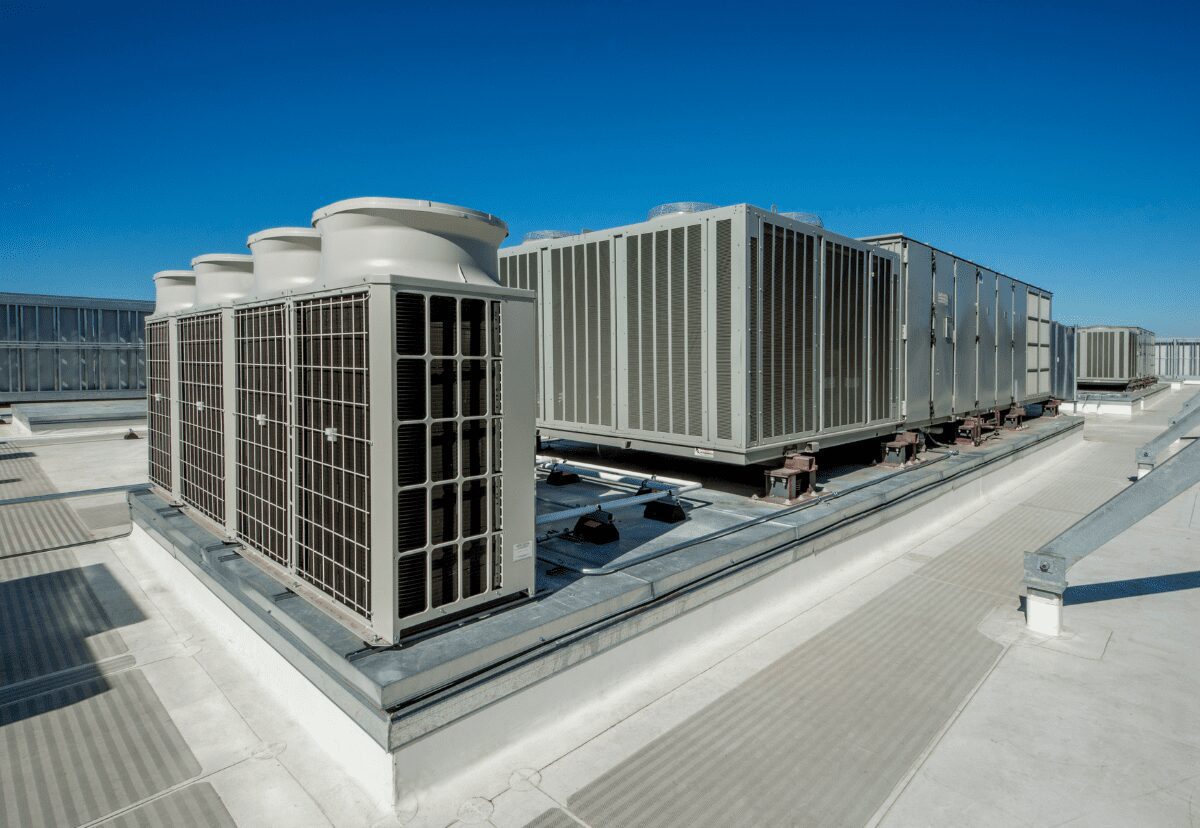In today’s world, sustainability has become a top priority for businesses across all industries. From reducing carbon footprint to conserving resources, companies are actively looking for ways to become more environmentally responsible. One area that plays a crucial role in driving sustainability in business is facility management. Facility management encompasses a wide range of activities, from energy efficiency to waste management, that help organizations to reduce their impact on the environment while improving their bottom line. In this article, we will explore how facility management can drive sustainability in business, highlighting some of the key strategies and best practices that companies can adopt to achieve their sustainability goals. Whether you’re a facility manager looking to improve your organization’s sustainability practices, or a business leader looking to drive change, you won’t want to miss this informative read.

The role of facility management in driving sustainability in business
Facility management is an essential aspect of sustainability in business. Facility managers are responsible for overseeing and maintaining the physical assets of an organization, including buildings, equipment, and infrastructure. They play a critical role in ensuring that these assets are used in the most efficient and sustainable way possible, with the aim of minimizing waste, reducing energy consumption, and improving overall environmental performance.
One of the key roles of facility management is to identify and implement sustainable practices that can help reduce a company’s environmental impact. This includes everything from energy-efficient lighting and HVAC systems to waste reduction and recycling programs. By implementing these practices, facility managers can help organizations to reduce their carbon footprint and conserve natural resources, while also improving the bottom line through reduced energy costs and increased operational efficiency.
Facility managers also play a critical role in promoting sustainability across the organization. By communicating the benefits of sustainable practices to employees and stakeholders, they can help to create a culture of sustainability that extends beyond the facility management department. This can help to drive change across the entire organization, leading to more sustainable practices and a more environmentally responsible business.
Key sustainability strategies for facility managers
There are several key sustainability strategies that facility managers can adopt to drive sustainability in business. These include:
Energy efficiency in facility management
Energy efficiency is one of the most significant sustainability challenges that facility managers face. Buildings are responsible for a substantial portion of global energy consumption, with heating, ventilation, and air conditioning (HVAC) systems being the biggest energy consumers. To reduce energy consumption and improve energy efficiency, facility managers can adopt several strategies, including:
- Upgrading lighting systems to more energy-efficient LEDs
- Implementing an HVAC system that uses less energy
- Installing smart controls to optimize energy use
- Conducting regular energy audits to identify areas for improvement
By implementing these strategies, facility managers can significantly increase energy efficiency, reduce energy consumption and costs while improving the overall environmental performance of their organization.

Waste reduction and management in facility management
Waste reduction and management are also critical sustainability challenges for facility managers. Landfills are filling up at an alarming rate, and businesses are responsible for a significant portion of this waste. To reduce waste and improve waste management, facility managers can adopt several strategies, including:
- Implementing a recycling program for paper, plastic, and other materials
- Encouraging employees to use reusable containers and utensils
- Reducing packaging waste by working with suppliers to eliminate excess packaging
- Composting food waste to reduce the amount of organic waste sent to landfills
By implementing these strategies, facility managers can significantly reduce waste and improve waste management practices across the organization.
Water conservation and management in facility management
Water conservation and management are also essential sustainability strategies for facility managers. Water is a precious resource, and many regions of the world are experiencing water scarcity. To reduce water consumption and improve water management, facility managers can adopt several strategies, including:
- Installing low-flow fixtures in restrooms and kitchens
- Implementing a water-efficient irrigation system for landscaping
- Conducting regular water audits to identify areas for improvement
- Collecting and reusing rainwater for non-potable uses
By implementing these strategies, facility managers can significantly reduce water consumption and improve water management practices across the organization.

Sustainable procurement and supply chain management
Sustainable procurement and supply chain management are also critical sustainability strategies for facility managers. By working with suppliers who prioritize sustainability, facility managers can help to reduce the environmental impact of the products and services that their organization uses. This can include:
- Sourcing products and services from suppliers who use sustainable materials and practices
- Evaluating suppliers based on their environmental performance
- Working with suppliers to reduce packaging waste and increase recycling rates
- Encouraging suppliers to adopt sustainable practices and improve their environmental performance
By implementing these strategies, facility managers can help to ensure that their organization’s procurement and supply chain practices are as sustainable as possible.


Best practices for implementing sustainable facility management practices
Implementing sustainable facility management practices can be challenging, but there are several best practices that facility managers can adopt to ensure success. These include:
- Set clear sustainability goals: Before implementing sustainable practices, facility managers should set clear goals and objectives for their sustainability program. This can help to ensure that the program is focused and effective.
- Engage employees and stakeholders: Engaging employees and stakeholders is critical to the success of any sustainability program. Facility managers should communicate the benefits of sustainable practices and encourage participation from all employees.
- Monitor and measure performance: Monitoring and measuring performance is essential to ensure that sustainable practices are effective. Facility managers should track energy consumption, waste reduction, and other key performance indicators to evaluate the success of their sustainability program.
- Continuously improve: Sustainability is an ongoing process, and facility managers should continuously look for ways to improve their sustainability practices. This can include implementing new technologies or strategies, conducting regular audits, and seeking feedback from employees and stakeholders.
By adopting these best practices, facility managers can ensure that their sustainability program is effective, efficient, and sustainable over the long term.
Case studies of successful sustainable facility management initiatives
Several companies have successfully implemented sustainable facility management practices, leading to significant reductions in energy consumption, waste, and other environmental impacts. For example:
- The Empire State Building in New York City implemented a comprehensive energy retrofit program that reduced energy consumption by 38% and saved $4.4 million in the first year alone.
- The Procter & Gamble manufacturing plant in Lima, Ohio, implemented a zero-waste-to-landfill program that has diverted 99% of its waste from landfills since 2012.
- The University of California, Los Angeles (UCLA), implemented a comprehensive sustainability program that has reduced water consumption by 27%, energy consumption by 22%, and waste by 50% since 1990.
These case studies demonstrate the significant environmental and financial benefits that can be achieved through sustainable facility management practices.

Call to action for businesses to prioritize sustainability through facility management
Facility management plays a critical role in driving sustainability in business. By implementing sustainable practices such as energy efficiency, waste reduction, water conservation, and sustainable procurement, facility managers can significantly reduce a company’s environmental impact while improving operational efficiency and cost savings. By adopting best practices and learning from successful case studies, facility managers can ensure that their sustainability program is effective, efficient, and sustainable over the long term. As businesses continue to prioritize sustainability, facility management will play an increasingly important role in driving environmental responsibility and creating a more sustainable future for all.






